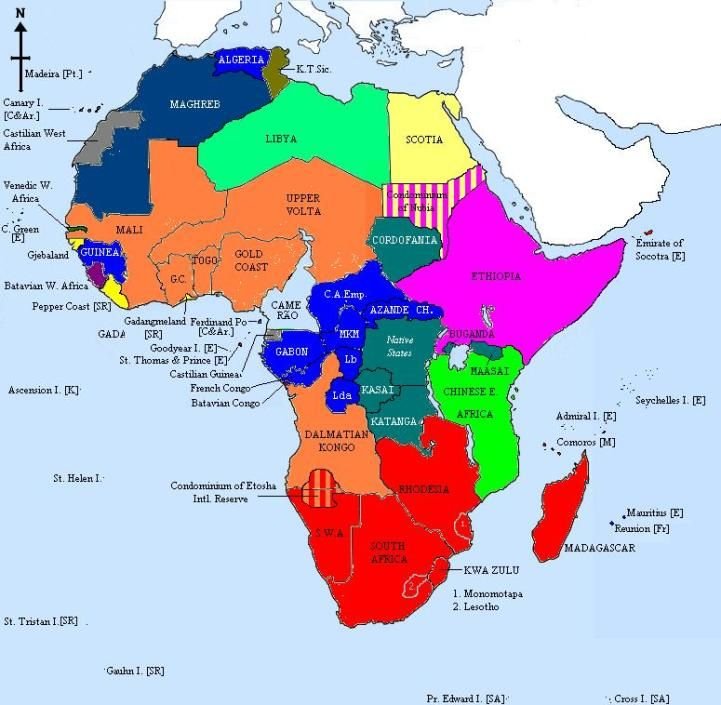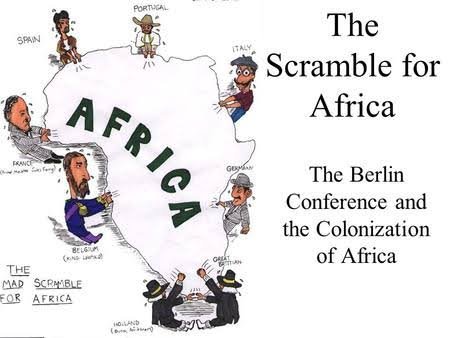No doubt, the African continent is still grappling with the colonial legacies of European rule. However, none has proven to be as influential in the political and security life on the continent as the artificial nation-state.
When European leaders gathered in the 1884 Berlin Conference to partition the land, they drew the map of Africa from their desks in Germany with no knowledge of the continent and its people. This created artificial states that divided families, cultures, and civilizations across the new borders. With the focus on avoiding resource competition among European countries, the colonial projects further exacerbated the splits of African communities.
For instance, in the horn of Africa, they divided the Somali people across territories under the French, British, and Italian. In light of the independence movements in the second half of the 20th century, most countries inherited the colonial borders, and thus their resulting ethnic and cultural fragmentations. This has created economic and political systems built on ethnic differences, where those in power tend to marginalize and even repress minority ethnic groups.

pre 20th century Berlin Conference of 1884-1885 to Divide Africa The Colonization of the Continent by European Powers
Such is the story of Sudan and South Sudan, Somalia and Somaliland, English and French-speaking parts in Cameroon, and so forth. In these cases where populations are divided across ethnic lines, the nation-states have failed to cater to the needs of all their people. Instead, they have adopted the political systems that have triggered persistent insurgencies, political conflicts, and human rights violations.
Robert Jackson and Carl Rosberg explain state weakness in Africa from the origin of the state formation on the continent. Unlike most of the nation-states across the world, African states derive their legitimacy, not from their people, but from international institutions like the United Nations. The latter is set on maintaining the current geopolitical composition of the continent regardless of the apparent shortcomings of the current system, in several countries, to fulfill the foundational role of the state: security for its people.
That is why in the above mentioned countries, the nation-state is the most influential tool in neocolonialism. It excludes significant portions of the population from the political life of the country and sharing in its economic resources. Political elites know that they can get away with only catering to their ethnic groups, and not the entire population.
This begs the question whether balkanization is truly the long-lasting solution to peace and stability in these countries. In 2007, South Sudan officially became independent from Sudan. Somaliland is in the same struggle with Somalia. Similar discourses have started in eastern DRC. More to discuss in part II.

Leave a Reply